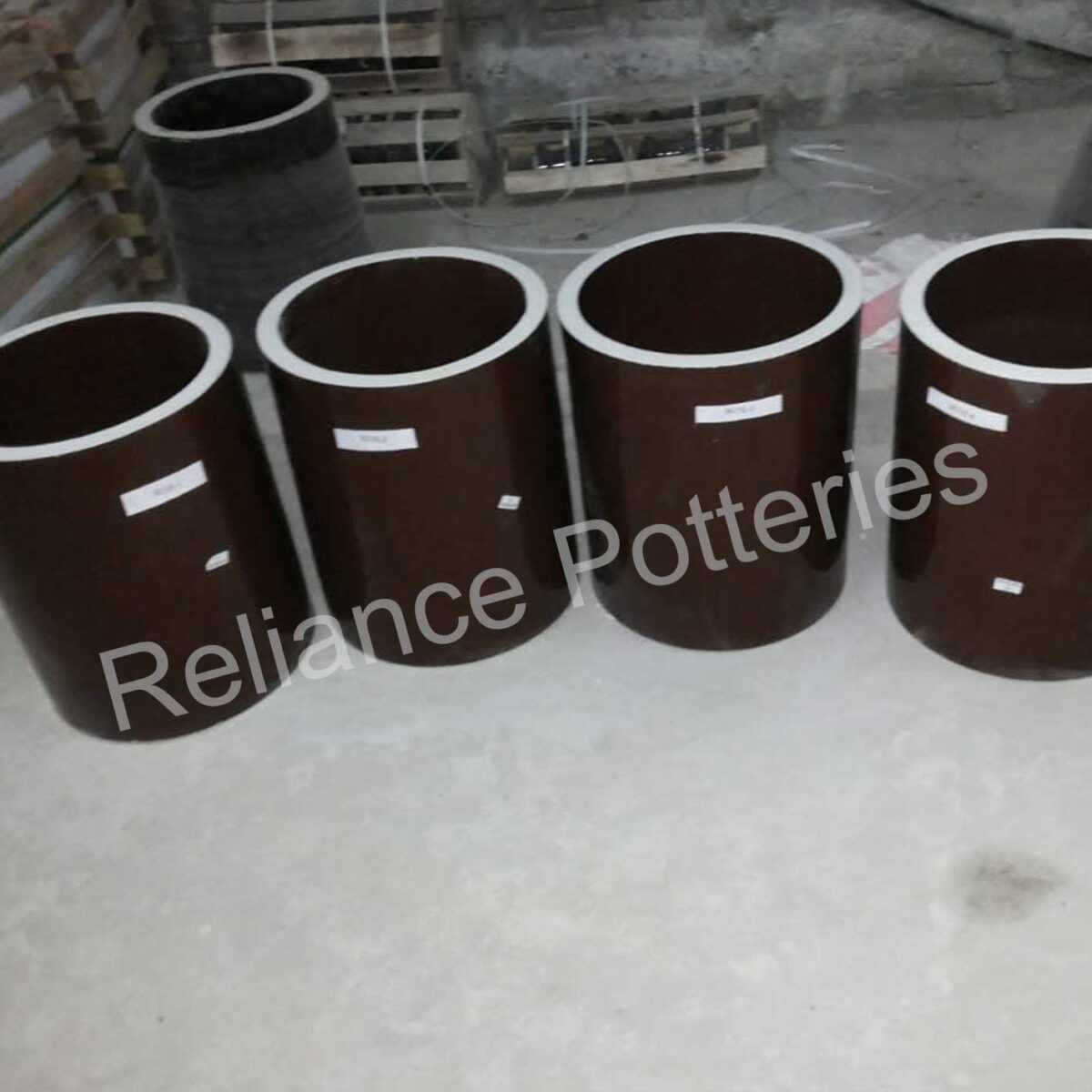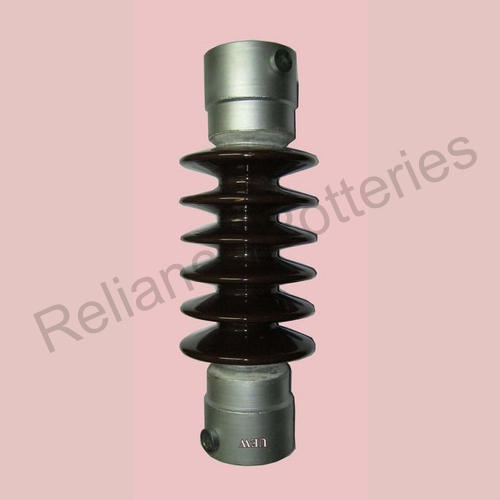ESP insulators are vital equipment nowadays. There are many shaft insulator manufacturers in India who sell ESP insulators. However, since many manufacturers sell the insulator, you must have a clear idea of the same before buying the insulator. To know more about the ESP insulators, read on.
ESP insulators – What is the working process?
The work of the ESP insulator is to suck the dust particles from the exhaust gas. This gas formation takes place in different types of industries. When the contaminated gas passes through the passage of the ESP insulator, the electrodes attached to the surface of the insulator start working and suck out the dust particles from the same.
What are the different types of ESP insulators?
When you approach a renowned shaft insulator manufacturer in India, you’ll come across various ESP insulators in the market. Some of the common types of ESP insulators are as follows:
● Conical support insulators
● Shaft insulators
● Pin insulators
● Cylindrical insulators
● Wall through the bushing insulator
Where is an ESP insulator majorly used?
Companies operating in the oil and gas industries and power plants probably use ESP insulators. You’ll find extensive use of ESP insulators in these companies. Large amounts of harmful gases are generated in these industrial premises. With the help of an ESP insulator, the gas particles are effectively removed from the same.
Industries like cement, pulp, steel, iron, and petrochemicals also use ESP insulators for the air clean-up process. They use ESP insulators with a temperature below 150 degrees. This helps in properly caring for the insulators so that they work long-term.
How do you find the right ESP insulator manufacturer?
It is always necessary that you select the right type of ESP manufacturer. Industries always look for reputed and renowned manufacturers of ESP insulators. Reputed ESP manufacturers also source the spare parts at a highly affordable cost. Ensuring the manufacturer has been selling the items for a long time is always advisable. Moreover, the spare parts’ condition, durability, robustness, and longevity should be checked before you buy them.
Most of the leading ESP insulator manufacturers maintain the products’ quality and also note the price range.
Reliance Potteries is a highly renowned manufacturer and exporter of shaft insulators in India. Check our website and buy the best-quality shaft insulators to know more.


